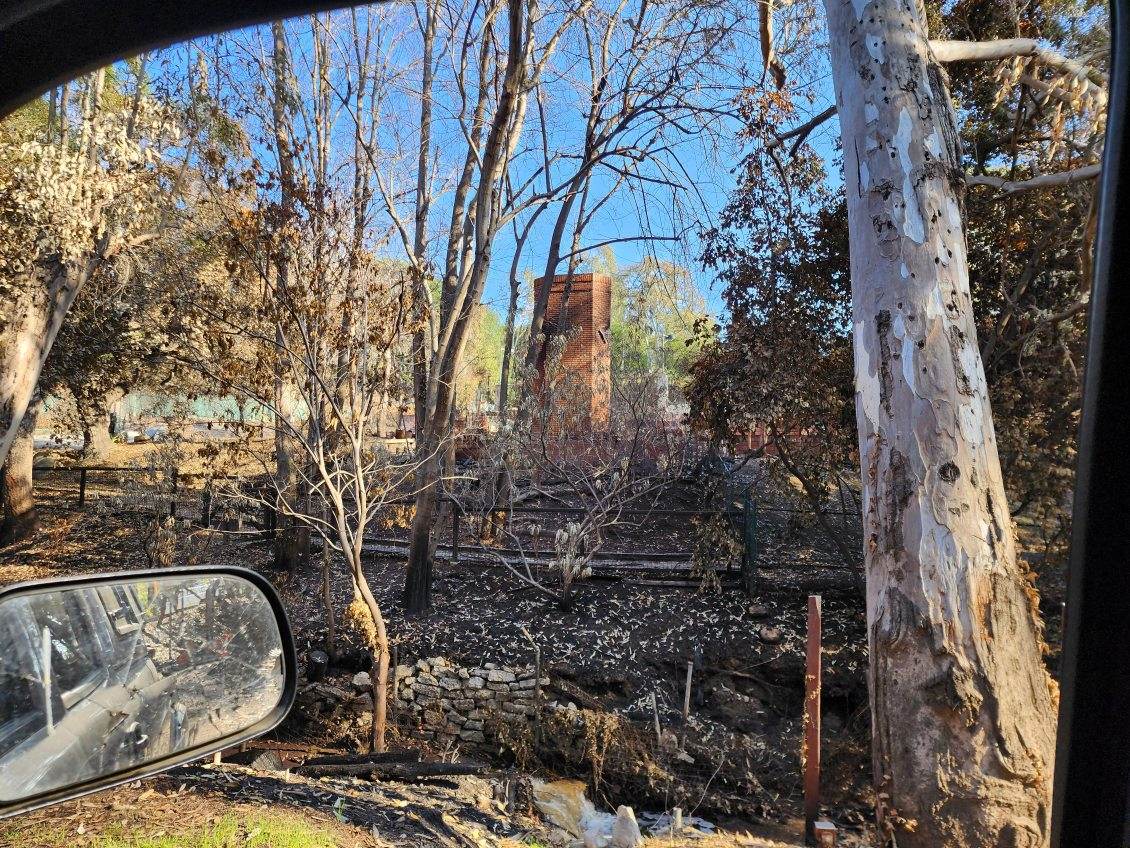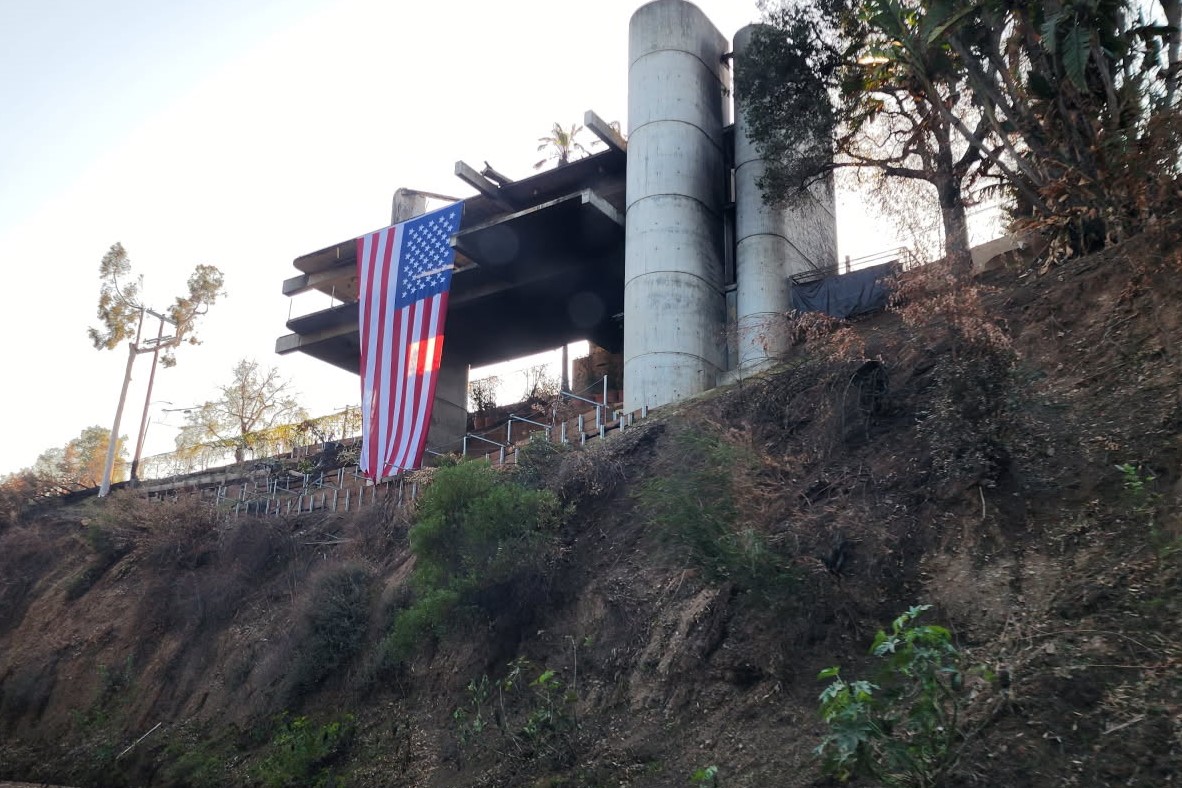Service companies continue to assess the damage of January’s wildfires in Southern California and their impact on business there.
-
LA Service Firms Scramble After Wildfire Damage
Service companies continue to assess the damage of January’s wildfires in Southern California and their impact on business there.

-
First Chaos Then Questions After the LA Fires
For weeks, service firms have scrambled to help customers save their pools. Now the industry wonders about the long-term effects of losing 15,000 homes.

-
Pool/Spa Industry Pulls Together for Peers Hurt by Fires
PHTA set up a fund to help support those who took losses during January's massive wildfires in California.

The fires began Jan. 7 in the coastal town of Pacific Palisades, with the other major blaze sparking shortly after near Pasadena (called the Eaton fire), with others springing up throughout Los Angeles County during historic winds. Combined, the blazes killed at least 29 people and led to the loss of approximately 16,000 structures and the leveling of entire neighborhoods. The Palisades and Eaton fires lasted the rest of the month, with officials barely announcing them as fully contained on Jan. 31.
It took weeks for service companies to learn the state of their pools, as affected homeowners worked through the overwhelming process of starting to rebuild, and officials blocked access to the burn areas while they assessed damage,assured the area was safe and started the process of removing debris.
It was a tense time for these companies. “I think at first everyone was freaked out,” says Richard Okamoto, president of the Independent Pool and Spa Association’s Westside Chapter, which covers the Palisades area.
“We just heard that the entire Palisades had burned out, and you start thinking about how many you have in the area. Then as information got back to us and we could check on our clients, [we found that] most of us didn’t lose a ton, but I think everybody in our chapter has at least a few clients in that area. It’s a very big area, and it felt like everyone had pools.”
Okamoto’s company — West Los Angeles-based Hang Ten Pools — lost five accounts. He reports that seems about average among the 60 IPSSA member companies in his chapter. But he tells of others who took larger losses. In some cases, whole routes have been wiped out, leaving company owners to find a new route for the displaced tech or make difficult decisions. The impact on single-person operations has been more difficult to track.
There has been talk among the industry about one or two professionals losing their homes. No reports have come up of individuals losing their businesses. Some of the service professionals who spoke with PSN have lost a significant number of accounts for the foreseeable future.
The Pool & Hot Tub Alliance formed a fund to provide financial assistance to companies affected by the fires. Through donations and fundraising events, the organization had collected $140,000 at press time. During these early days, only seven companies had applied. The most impacted lost 60 of its 75 accounts, reported PHTA President/CEO Sabeena Hickman. The others experienced losses significant enough to have an impact but not to close businesses.
“I think everybody’s still waiting to assess,” Hickman said.
Rich Gallo, CEO of Los Angeles-based Pure Swim, lost approximately 50 clients. His company is large, so he doesn’t expect his company to go into the red, but rather to have a flat 2025 instead of seeing the growth he had projected. “Our growth rate is about 50 accounts per year,” he says. “So it’s like we went back in time in terms of growth.”
For those clients who lost their homes, service pros are touching base when possible to assess the situation. But they are in the throes of processing their loss and focusing on housing, so pools remain on the back burner for now. And, as of press time, officials were still blocking access to some areas to homeowners, let alone contractors.
“They really don’t have answers,” Okamoto says about those clients who lost their homes. “They told me it’s going to be months if not years before they’re back in and able to be normal with pool service. With those, it’s basically like, ‘We’ll call you when we’re ready.’”
With the damage assessed, service companies find themselves under the gun to help those clients who were touched by one of the fires but didn’t lose their homes. Flames may have breached their property and burnt part of the home or surrounding structures and equipment. Or it may just be that enough ash fell in the pool to impact the water quality and even turn the pools black.
For each of those clients, Okamoto has to apply for permits to access the properties before performing the process of needed repairs, equipment replacements and water treatment.
The clean-up will not take place instantaneously. Gallo’s company is treating each affected pool with a 30-hour process, with about 10 days passing from the beginning until the pool is swim-ready again. He expects this work to continue through the end of May.
Companies interested in applying for a grant from PHTA’s fund can search “PHTA” and “California fire relief fund” as the quickest way to find the page.



